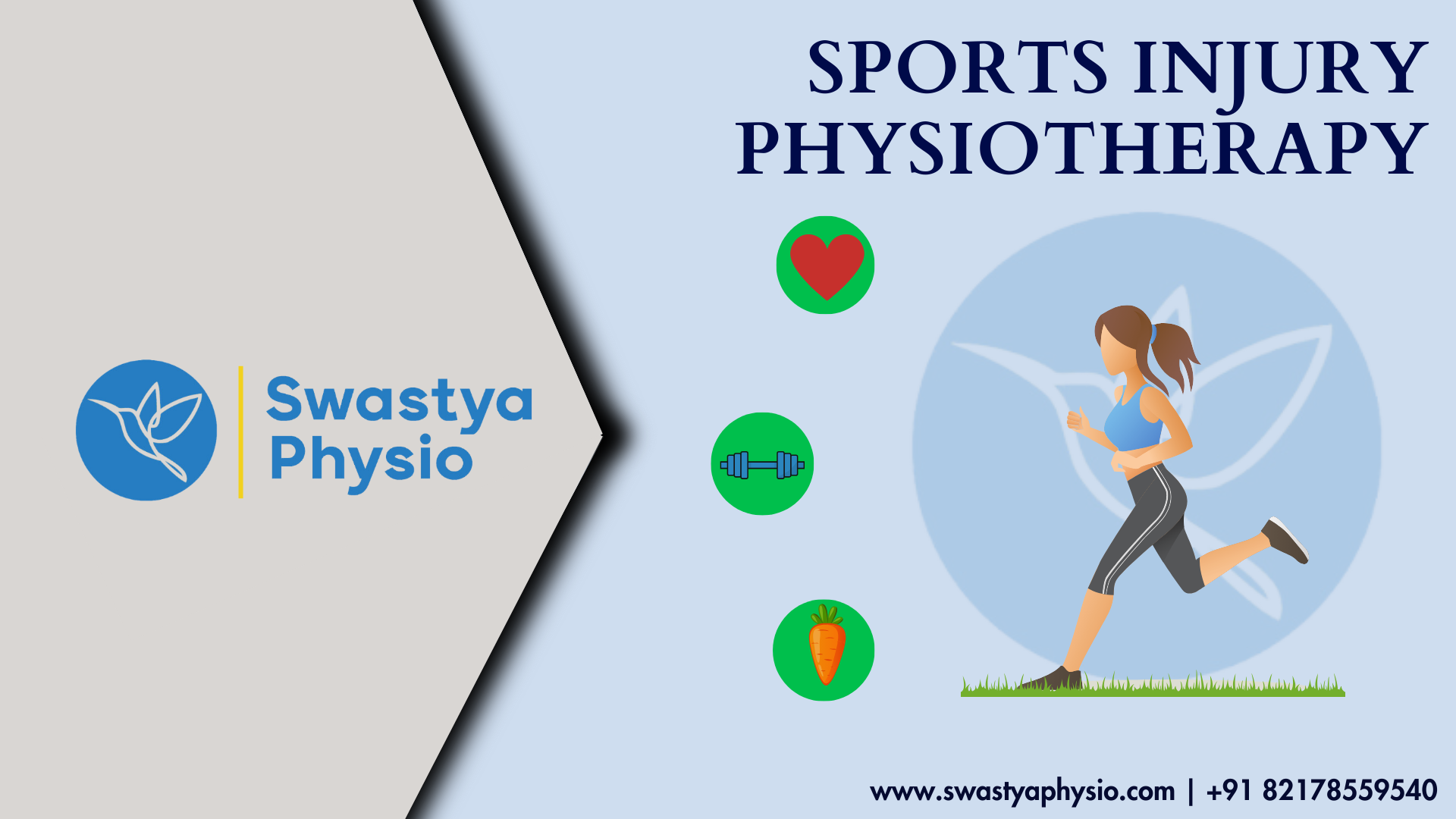How Does Neurological Physiotherapy Work
Neurological physiotherapy operates on the principle that the brain and nervous system are dynamic and capable of adapting following injury or trauma. At Swastyaphysio, we employ a problem-solving and eclectic approach, tailoring treatments to each patient’s unique symptoms and extent of injury. Our focus is on encouraging any possible movement and building upon it through various techniques like strengthening exercises, sensory stimulation, positive reinforcement, and verbal feedback.By implementing a multidisciplinary team approach and setting realistic, measurable goals, we aim to actively involve patients in their rehabilitation journey, ultimately striving to enhance their independence and quality of life.
- The brain is dynamic and capable of adapting to change following injury to the brain or spinal cord.
- Employing a problem solving and eclectic approach, adapting treatment to patients symptoms/extent of injury
- Encouraging whatever movement is possible and building on it, through; strengthening, sensory stimulation, positive reinforcement, and verbal feedback.
- Encouragement of normal movement and function
- Correcting and varying positioning and posture in lying, sitting and standing
- Promotion of functional activities based around daily tasks
- Use of verbal and visual prompts to encourage the patient to think about task and learn from treatment
- Prevention of muscle shortening as this leads to spasticity and abnormal movement.
- Using a team approach to the rehabilitation of patients
- Implementation of realistic goals that are measured and time-framed..
- Actively engaging the patient in treatment sessions
- Achieving as great a degree of independence and quality of life possible
Common Conditions Treated in Neurological Physiotherapy
Neurological physiotherapy is instrumental in addressing a variety of conditions affecting the nervous system. Some of the common conditions treated include:
1. Post-Polio Syndrome
Post-polio syndrome is a condition that affects individuals who have previously had polio. It is characterized by new muscle weakness, fatigue, and pain, often decades after recovering from the initial poliovirus infection. Neurological physiotherapy focuses on managing symptoms, improving muscle strength, and enhancing overall function.
2. Guillain–Barré Syndrome (GBS)
Guillain–Barré syndrome is a rare autoimmune disorder where the body’s immune system attacks the peripheral nerves, leading to muscle weakness, paralysis, and in severe cases, respiratory failure. Neurological physiotherapy plays a crucial role in rehabilitation by promoting recovery, restoring mobility, and preventing complications.
3. Stroke Recovery
Stroke is a leading cause of disability worldwide, often resulting in motor impairments, balance problems, and difficulties with activities of daily living. Neurological physiotherapy aims to maximize recovery after a stroke through interventions such as motor relearning, gait training, and functional exercises to regain independence and quality of life.
4. Cerebral Palsy
Cerebral palsy is a group of neurological disorders that affect movement, posture, and coordination, often occurring in early childhood due to brain damage or abnormal brain development. Neurological physiotherapy focuses on improving muscle tone, flexibility, and motor skills to enhance functional abilities and promote participation in daily activities.
5. Parkinson's Disease
Parkinson’s disease is a progressive neurological disorder characterized by tremors, stiffness, bradykinesia (slowness of movement), and impaired balance. Neurological physiotherapy employs targeted exercises, balance training, and gait exercises to manage symptoms, improve mobility, and enhance overall quality of life.
6. Dementia
Dementia refers to a decline in cognitive function severe enough to interfere with daily life. While neurological physiotherapy does not treat the underlying cause of dementia, it can help manage associated symptoms such as mobility issues, muscle weakness, and balance problems, thereby improving overall function and independence.
7. Chronic Pain
Chronic pain is a complex condition that can result from various neurological disorders, including neuropathic pain, central sensitization, and musculoskeletal issues. Neurological physiotherapy employs a multimodal approach to manage chronic pain, incorporating techniques such as manual therapy, exercise therapy, and pain education to improve function and quality of life.
Benefits of Neurological Physiotherapy
- Improved Mobility: Neurological physiotherapy aims to enhance mobility and functional abilities. Therapists utilize mobility exercises, gait training, and balance activities to improve strength, coordination, and balance, ultimately increasing independence in daily activities.
- Enhanced Motor Skills: Neurological physiotherapy helps individuals develop and regain motor skills affected by neurological conditions by employing specific techniques like neurodevelopmental facilitation and motor learning principles. This can improve movement control, coordination, and overall motor function.
- Pain Management: Neurological physiotherapists employ various strategies to address pain associated with neurological conditions. They use manual therapy techniques, therapeutic exercises, and modalities to reduce pain, improve physical function, and enhance the quality of life.
- Improved Posture and Alignment: Neurological conditions can affect posture and alignment. Physiotherapists work on correcting postural imbalances, enhancing alignment, and promoting proper body mechanics. This can help prevent secondary complications and improve overall body posture and alignment.
- Enhanced Balance and Fall Prevention: Balance impairments and an increased risk of falls are common in neurological conditions. Neurological physiotherapy focuses on balance training, coordination exercises, and proprioceptive training to improve balance and reduce the risk of falls.
How SwastyaPhysio Uses Neurological Physiotherapy
At SwasthyaPhysio, we employ a multidisciplinary approach to neurological physiotherapy, combining evidence-based practices with cutting-edge technologies to deliver personalized care. Our team of skilled neurological physiotherapists works closely with patients to develop customized treatment plans aimed at optimizing function, promoting independence, and enhancing overall well-being. Through compassionate care and innovative interventions, we strive to empower individuals to achieve their rehabilitation goals and lead fulfilling lives.












